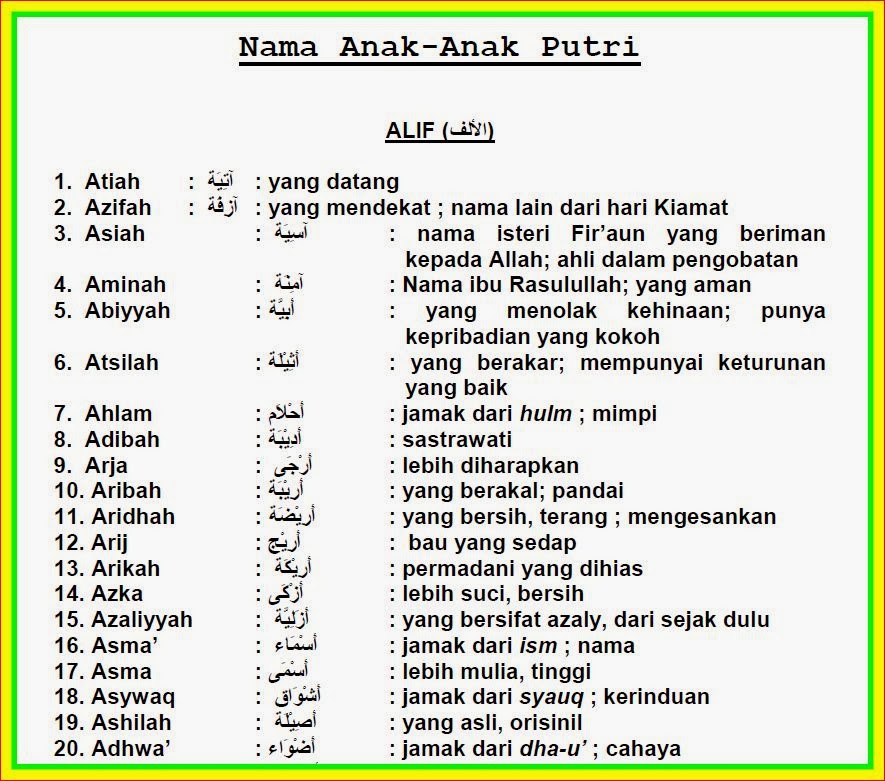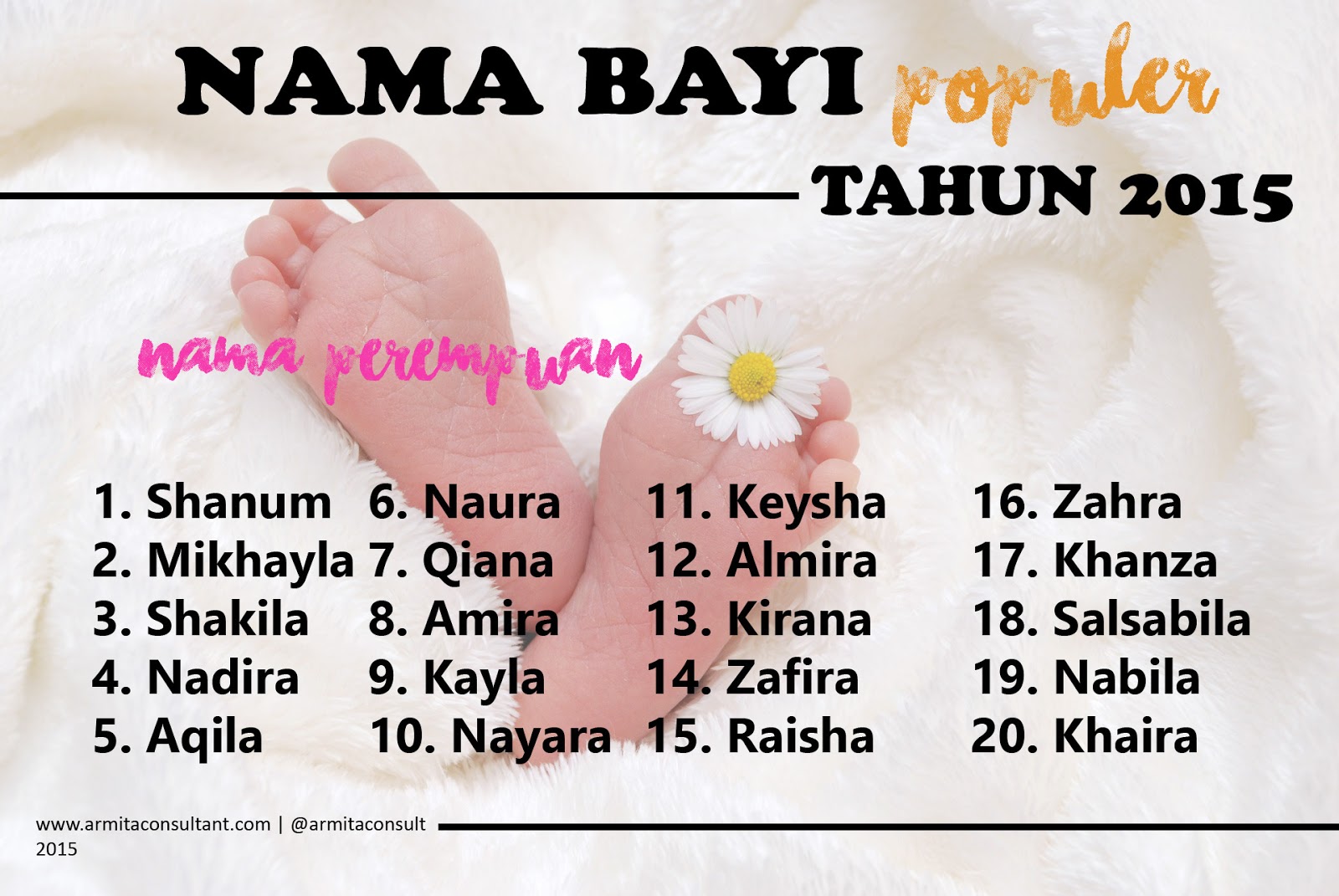Beautiful Islamic Names for Girls: Meaning and Significance

Choosing a name for your child is a profound and joyous occasion, especially in Muslim families. The name given to a baby girl is not merely a label, but a prayer, a hope, and a reflection of her parents’ faith and aspirations. Islamic girl names, often rooted in Arabic, Persian, and other languages influenced by Islamic culture, carry deep meanings and often relate to virtues, nature, or significant figures in Islamic history. This exploration delves into the rich tradition of Muslim girl names, providing insights into their origins, significance, and the process of selecting the perfect name for your little one.
Selecting a suitable Islamic name for a baby girl involves a thoughtful process. Parents often seek names that resonate with their values and embody positive qualities. The name’s meaning holds immense importance, as it is believed to influence the child’s character and destiny. Therefore, many families consult religious scholars or refer to Islamic texts for guidance. This meticulous selection process underscores the importance of naming within Islamic culture.
The history of Islamic names for girls is intertwined with the rich tapestry of Islamic civilization. Many names derive from the Quran, the holy book of Islam, and the Sunnah, the teachings and practices of Prophet Muhammad (peace be upon him). Names of prominent female figures in Islamic history, such as Aisha (RA), Fatima (RA), and Khadija (RA), are also popular choices, reflecting admiration for their piety and strength. Over time, Islamic naming traditions have evolved, incorporating influences from diverse cultures within the Muslim world.
The importance of choosing an appropriate Islamic name for a girl cannot be overstated. It is a testament to the parents’ faith and a way of connecting the child to her Islamic heritage. A meaningful name is seen as a blessing and a source of identity for the girl throughout her life. It serves as a constant reminder of her connection to God and her community.
One of the main issues related to choosing Muslim baby girl names is the potential for mispronunciation or misunderstanding in different cultural contexts. Families living in non-Muslim majority countries might opt for names that are easier to pronounce and understand in their local language, while still maintaining their Islamic significance. Balancing cultural sensitivity with adherence to Islamic principles is a key consideration in the naming process.
A beautiful name with Islamic roots can have a profound positive impact on a girl's life. It can instill a sense of pride in her identity and heritage, foster a strong connection to her faith, and inspire her to embody the positive qualities reflected in her name. For example, the name Amina, meaning "trustworthy" and "peaceful," might inspire a girl to strive for honesty and tranquility in her life.
Several online resources, books, and apps are available to assist parents in choosing Muslim baby girl names. These resources often provide comprehensive lists of names along with their meanings, origins, and pronunciations. They can be valuable tools for parents seeking inspiration and guidance.
Advantages and Disadvantages of Choosing a Less Common Islamic Name
| Advantages | Disadvantages |
|---|---|
| Uniqueness and individuality | Potential for mispronunciation or misspelling |
| Stronger connection to cultural heritage | Difficulty finding personalized items with the name |
One best practice is to research the meaning and origin of the name thoroughly. Another is to consider the name's pronunciation and how it sounds in different languages. It is also advisable to consult with family members and religious scholars for their input and guidance.
Examples of popular Islamic girl names include Aaliyah (meaning "exalted"), Fatima (meaning "captivating"), Khadija (meaning "respected"), Maryam (meaning "bitter"), and Sarah (meaning "princess"). Each of these names carries a rich history and positive connotations.
One challenge parents might face is finding a name that balances tradition with modernity. A solution is to choose a classic Islamic name and pair it with a more contemporary middle name. This allows for a blend of cultural heritage and personal preference.
Frequently asked questions about Islamic girl names often include inquiries about their meanings, origins, and pronunciation. Parents also seek guidance on choosing names that are both meaningful and culturally appropriate.
A helpful tip is to create a shortlist of favorite names and reflect on them for a period of time before making a final decision. This allows parents to connect with the names on a deeper level and ensure they resonate with their values and aspirations.
Choosing an Islamic name for your daughter is a momentous decision that reflects your faith, heritage, and hopes for her future. These names, rich in meaning and history, offer a powerful connection to Islamic culture and serve as a constant source of inspiration. By carefully considering the name's meaning, origin, and cultural significance, you can bestow upon your daughter a gift that will stay with her throughout her life. The selection of an appropriate Islamic name is a testament to your love, your faith, and your desire to provide your daughter with a strong foundation rooted in Islamic values. Take the time to explore the vast array of beautiful Islamic names and find the one that perfectly embodies your hopes and dreams for your little one. It’s a journey of discovery that will enrich your family’s life and strengthen your daughter's connection to her heritage. Explore the possibilities, embrace the traditions, and make a choice that resonates with your heart and soul.
Lost your timing marks engine timing hacks
Soul searching affordable kia soul parts
Elevating interiors with benjamin moore oil based paint













